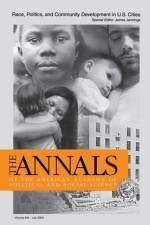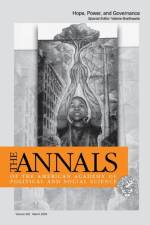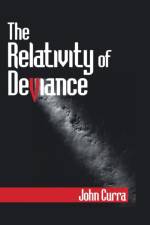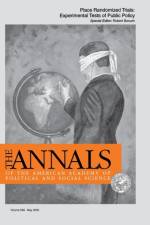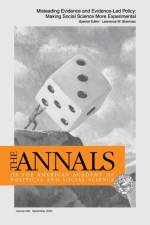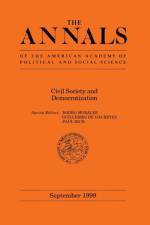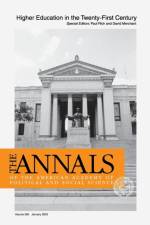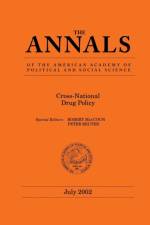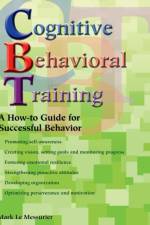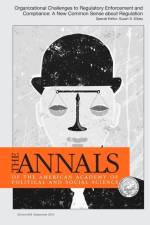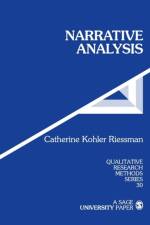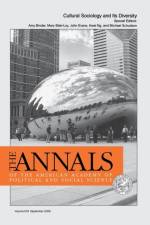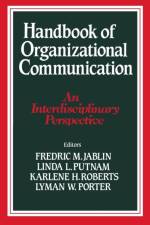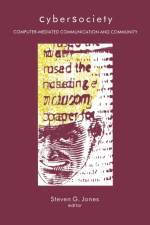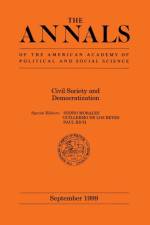144,00 €
When the controversial book, Personal Influence: The Part Played by People in the Flow of Mass Communications, was published in 1955, it made waves across the fields of communications, public opinion research, political science, and marketing. Written by Elihu Katz and Paul Lazarsfeld, Personal Influence became the canonical statement of the "two-step flow" of communication, which posits that mass media flow to "opinion leaders," who in turn influence the behavior and opinions of people around them. Throughout the last half of a century, Personal Influence has undergone rigorous critique, appeared in numerous citations, and become a key text in the history of mass communications. Why is a rereading of this text relevant now? Upon the 50th anniversary of the publishing of Personal Influence, the editors of this volume of The ANNALS believed it was an ideal time to reflect upon the book's mid-century contexts and contemporary drawing upon enrichments of the field provided by feminism, critical and cultural studies, the new historicism, and progress in the social sciences. This unique volume of The ANNALS crosses generational, disciplinary, and national boundaries to piece together and pull apart a historically important text and use it to shed light on the contemporary environment. Essays in this volume analyze the personalities who played key roles in the making of Personal Influence, their origins and social identities, the institutional organization of research in which it evolved, and the disciplinary consequences of its success. Other authors reread Katz and Lazarfeld's classic as a way to explore the relations between citizenship and consumption, the nature of media and political involvement today, and the relevance of the two-step flow paradigm for the study of contemporary audiences, social networks, and public campaigns.A must-read for scholars, students, and professionals in the fields of communication, public opinion, political science, sociology, and marketing, this volume of The ANNALS dusts off a time-worn text and renews its significance in the field of mass communications with modern scholarly perspectives and contemporary methodology experience, inspiring a fresh outlook on this historical force.

